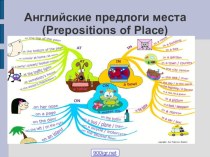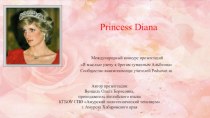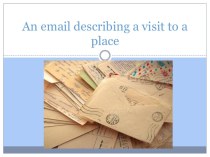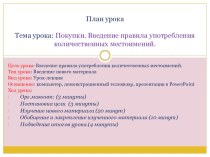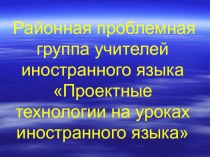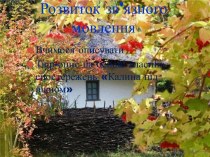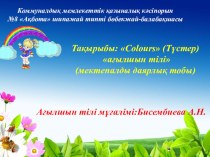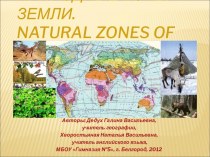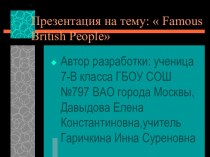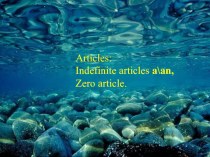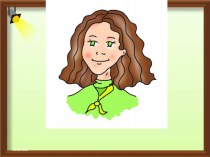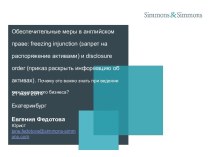- Главная
- Разное
- Бизнес и предпринимательство
- Образование
- Развлечения
- Государство
- Спорт
- Графика
- Культурология
- Еда и кулинария
- Лингвистика
- Религиоведение
- Черчение
- Физкультура
- ИЗО
- Психология
- Социология
- Английский язык
- Астрономия
- Алгебра
- Биология
- География
- Геометрия
- Детские презентации
- Информатика
- История
- Литература
- Маркетинг
- Математика
- Медицина
- Менеджмент
- Музыка
- МХК
- Немецкий язык
- ОБЖ
- Обществознание
- Окружающий мир
- Педагогика
- Русский язык
- Технология
- Физика
- Философия
- Химия
- Шаблоны, картинки для презентаций
- Экология
- Экономика
- Юриспруденция
Что такое findslide.org?
FindSlide.org - это сайт презентаций, докладов, шаблонов в формате PowerPoint.
Обратная связь
Email: Нажмите что бы посмотреть
Презентация на тему The Kremlin
Содержание
- 2. ВЫПОЛНИЛА:Ученица 10 «б» классаМОУ СОШ №3Города Петровска Саратовской областиПросвирнина АнастасияПреподаватель:Трапезников А.Ф.
- 3. HISTORY OF THE KREMLIN The
- 4. Around the central
- 5. Across the square is
- 6. The third cathedral, the
- 7. On the west of Cathedral
- 8. Both became part of
- 9. Along the northeast wall
- 10. CONSLUSION I think that the
- 11. Скачать презентацию
- 12. Похожие презентации
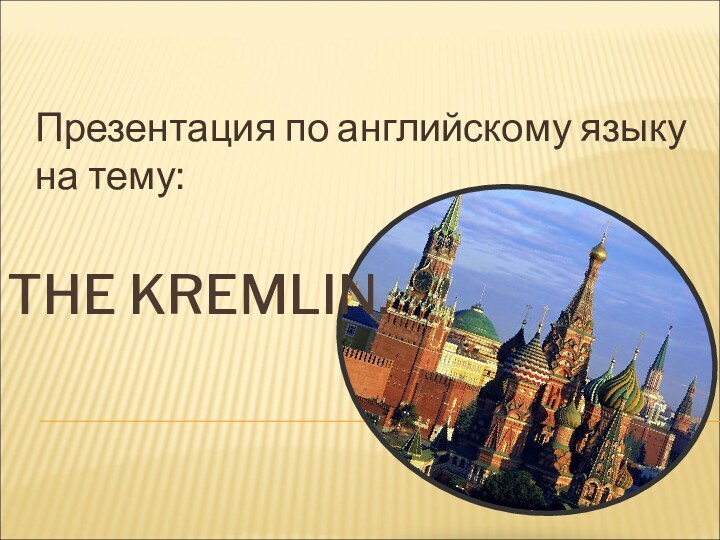
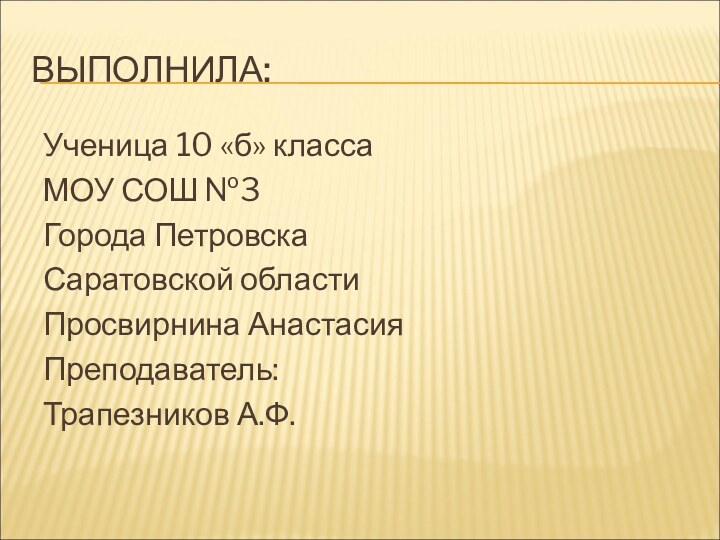
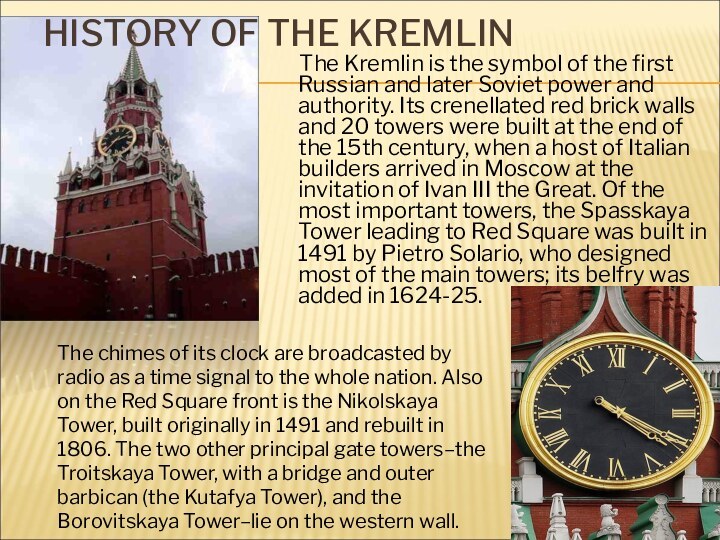
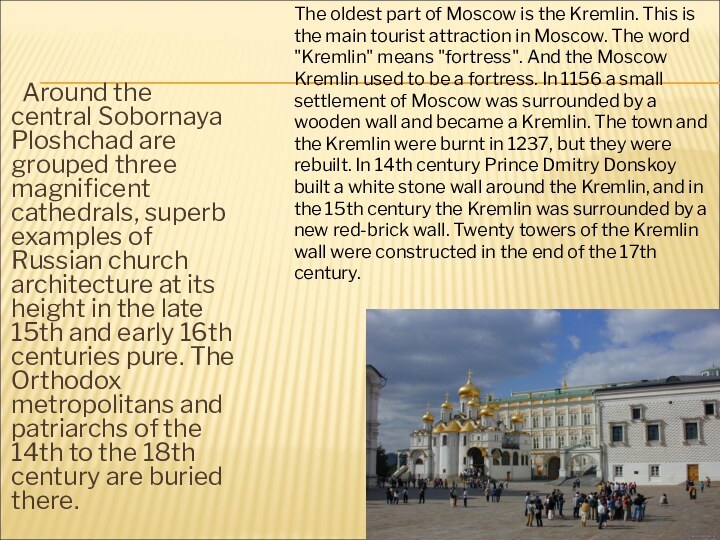
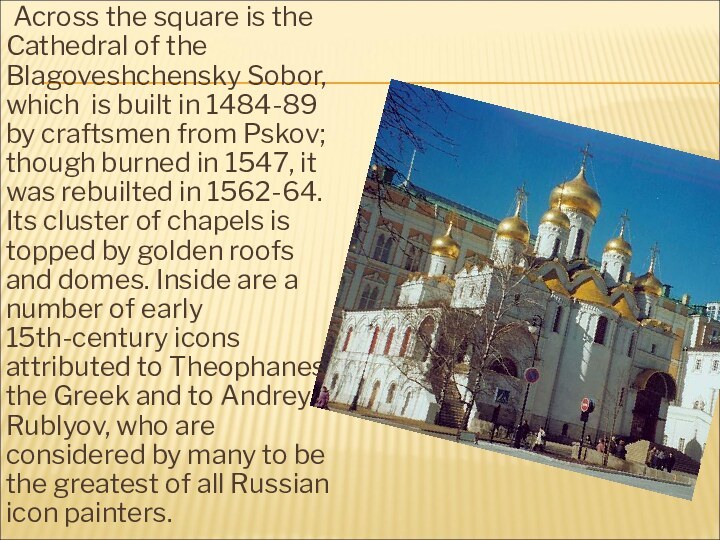
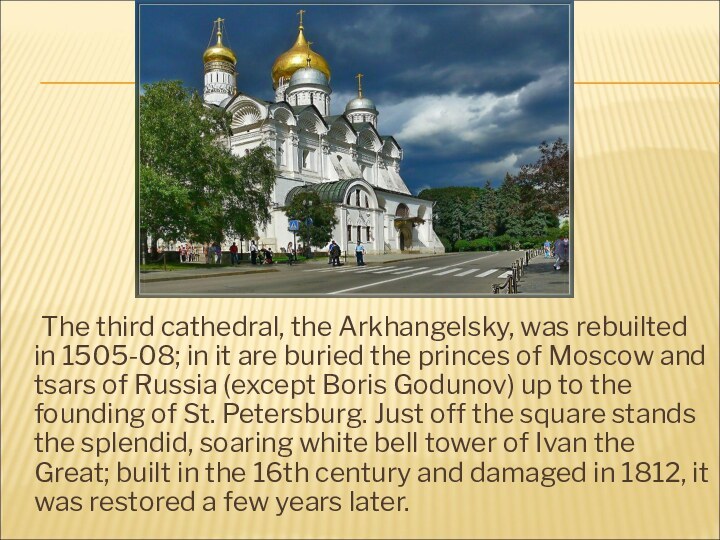
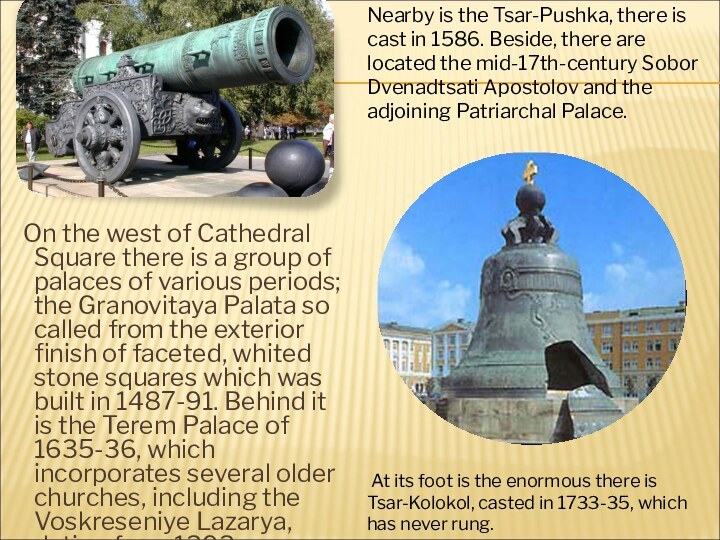
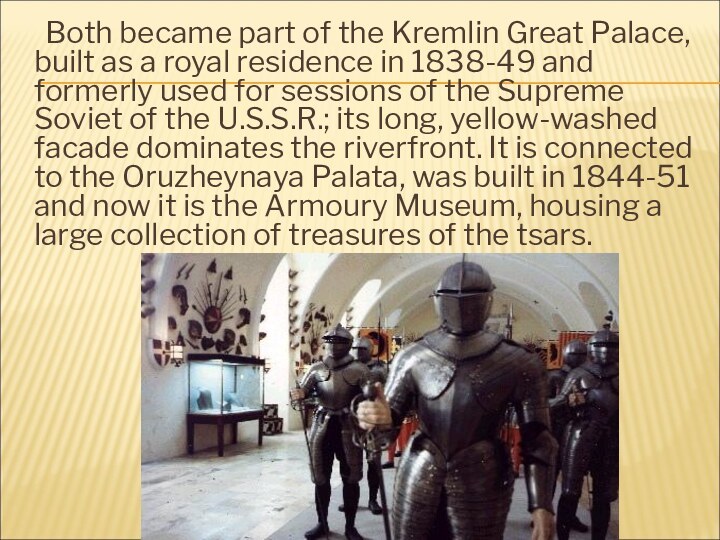
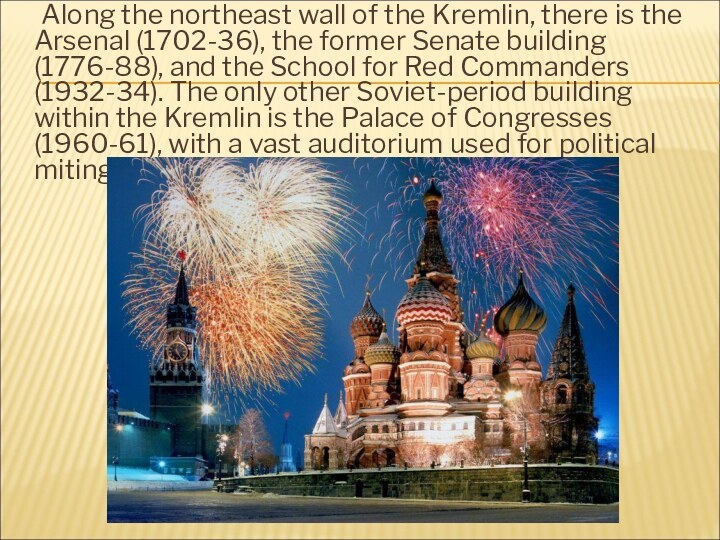
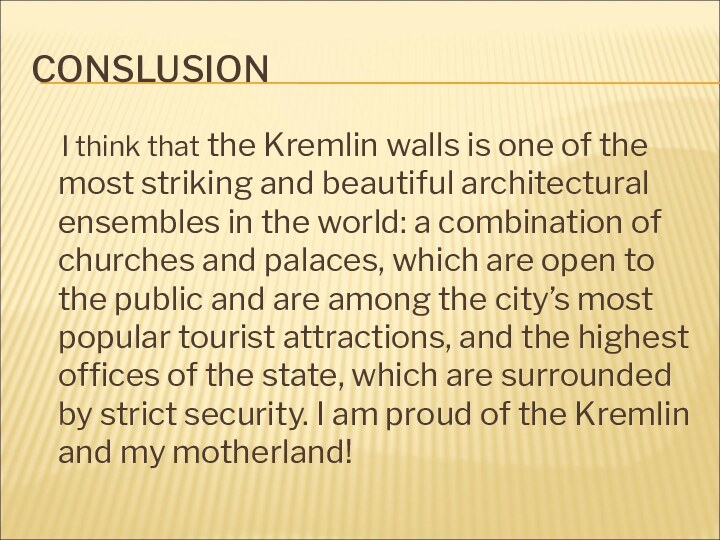

Слайд 3
HISTORY OF THE KREMLIN
The Kremlin
is the symbol of the first Russian and later
Soviet power and authority. Its crenellated red brick walls and 20 towers were built at the end of the 15th century, when a host of Italian builders arrived in Moscow at the invitation of Ivan III the Great. Of the most important towers, the Spasskaya Tower leading to Red Square was built in 1491 by Pietro Solario, who designed most of the main towers; its belfry was added in 1624-25.The chimes of its clock are broadcasted by radio as a time signal to the whole nation. Also on the Red Square front is the Nikolskaya Tower, built originally in 1491 and rebuilt in 1806. The two other principal gate towers–the Troitskaya Tower, with a bridge and outer barbican (the Kutafya Tower), and the Borovitskaya Tower–lie on the western wall.
Слайд 4 Around the central Sobornaya
Ploshchad are grouped three magnificent cathedrals, superb examples of
Russian church architecture at its height in the late 15th and early 16th centuries pure. The Orthodox metropolitans and patriarchs of the 14th to the 18th century are buried there.The oldest part of Moscow is the Kremlin. This is the main tourist attraction in Moscow. The word "Kremlin" means "fortress". And the Moscow Kremlin used to be a fortress. In 1156 a small settlement of Moscow was surrounded by a wooden wall and became a Kremlin. The town and the Kremlin were burnt in 1237, but they were rebuilt. In 14th century Prince Dmitry Donskoy built a white stone wall around the Kremlin, and in the 15th century the Kremlin was surrounded by a new red-brick wall. Twenty towers of the Kremlin wall were constructed in the end of the 17th century.
Слайд 5 Across the square is the
Cathedral of the Blagoveshchensky Sobor, which is built in
1484-89 by craftsmen from Pskov; though burned in 1547, it was rebuilted in 1562-64. Its cluster of chapels is topped by golden roofs and domes. Inside are a number of early 15th-century icons attributed to Theophanes the Greek and to Andrey Rublyov, who are considered by many to be the greatest of all Russian icon painters.Слайд 6 The third cathedral, the Arkhangelsky,
was rebuilted in 1505-08; in it are buried the
princes of Moscow and tsars of Russia (except Boris Godunov) up to the founding of St. Petersburg. Just off the square stands the splendid, soaring white bell tower of Ivan the Great; built in the 16th century and damaged in 1812, it was restored a few years later.Слайд 7 On the west of Cathedral Square
there is a group of palaces of various periods;
the Granovitaya Palata so called from the exterior finish of faceted, whited stone squares which was built in 1487-91. Behind it is the Terem Palace of 1635-36, which incorporates several older churches, including the Voskreseniye Lazarya, dating from 1393. At its foot is the enormous there is Tsar-Kolokol, casted in 1733-35, which has never rung.
Nearby is the Tsar-Pushka, there is cast in 1586. Beside, there are located the mid-17th-century Sobor Dvenadtsati Apostolov and the adjoining Patriarchal Palace.
